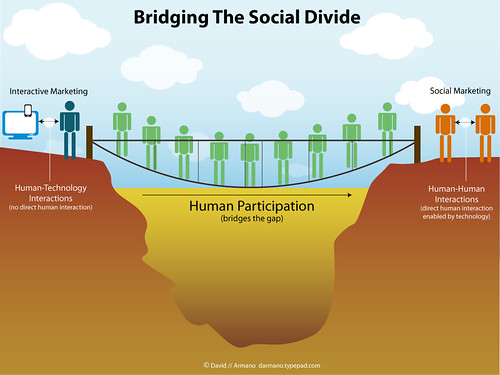The New Zealand tertiary education system is set up in such a way that anyone and everyone can have access to higher education. Along with assisting people to enter the education system the Government also gift students with extra money for living and everyday expenses.
So given that the Government are investing so much time and money into the sector - they (quite rightly) expect a return on their investment. Legislation was introduced in 2010 that says that students can access a maximum of 7 years funding assistance and that if any student fails more than 50% of their studies in a given time period they become ineligible to recieve help in the future.
The problem is that there are plenty of students who will fail their study but ought not to be penalised for having tried. So what has happened is a shift in the thinking and approach of educators to their students. Where previously tutors may have thought "You know what? Tough. The student didn't come to class and so they failed. Not my problem".
Don't get me wrong 98% of tutors take a healthy interest in their students and will often go well beyond the call of duty to assist their learners. What is happening now is that behavior of assistance is being internalsied and reinforced by management as a central pillar of the classroom and teaching culture.
So we seek to create a culture of caring for those whom we don't see quite so often due to all sorts of circumstances. Part time students, mums, dads, people without transport, people have been told they are dumb.
At the same time we are undergoing a "brand" review to freshen up the way we project ourselves into the community about who we are and what we do. My sincere hope is that the two walk hand in hand.
Ultimately community and care of each other is what we are all about. The way we look at each other within our 'four walls' is just as important as the message that we broadcast to others outside of our organisation.
What we are seeking to provide to the Government, to the students and to the community is an ongoing return on investment. An investment that will eventually not only raise GDP, living stndards and quality of life but also instill confidence and mana in the learners.
We do this through support, through manaakitanga and through trusting in each other.














